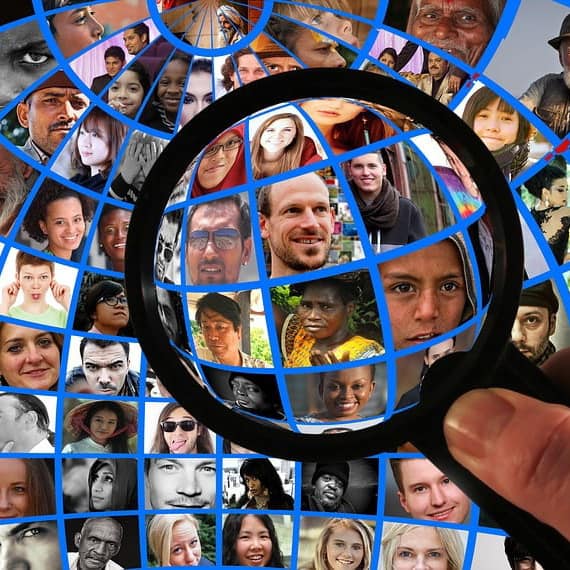Knowledge Cultures is an international, multidisciplinary journal that draws on the humanities and social sciences at the intersections of fields such as political science, cultural studies, literary studies, new technology studies, and education. Published three times a year, the journal is especially interested in problems concerning information and knowledge production and exchange.
This focus made for a particularly suitable venue for a special issue featuring work being done by Mobilising for Action, a transdisciplinary research theme within Ngā Rākau Taketake.
The team consists of social researchers, and community knowledge holders and practitioners who are investigating the social dimensions of ngahere (forest) health in Aotearoa.
The group is situated at the intersection of mātauranga Māori and Western knowledge. This intersection is the lens through which their mahi is approached. The team works to examine the meaning people attach to te taiao (especially the ngahere), how people’s connection to te taiao can be fostered and supported, and how people can be empowered to make a difference in environmental spaces.
The special edition features 13 peer-reviewed articles, beginning with five articles grounded in a kaupapa Māori approach/framework. This is followed by three articles that interweave both mātauranga Māori and Western knowledge approaches. The final section is comprised of five articles generated from research areas grounded in critical social science approaches and/or frameworks.
“We have endeavoured to develop this journal edition through a kaupapa (approach) of whakamana (empowerment) for our researchers and writers, empowering and raising the mana (spiritual wellbeing) of our researchers,” writes Mobilising for Action co-leads Mark Harvey (Mātāwaka no Ngāti Toa; University of Auckland) and Marie McEntee (University of Auckland) in the introductory article.
This approach was inspired by the inclusive peer-reviewing process of a previous Knowledge Cultures edition on kindness and sought to uphold Māori values and ways of engaging, such as allowing space for the various cultural perspectives of the authors and their respective disciplinary approaches.
A key part of this approach was engagement with kanohi ki te kanohi (face-to-face) feedback and exchange between peer reviewers and authors.
“From a mātauranga Māori perspective, this has not lowered the standard of peer-reviewing from normative Western blind peer-review processes but has enriched the depth of critical enquiry in our collective experience, building on our diverse knowledges,” write Mark and Marie.
Collectively, these articles provide compelling evidence that a reflexive biosecurity system in Aotearoa should embrace the contribution of mātauranga Māori, Western knowledge, local knowledge and other knowledge systems to enable reconnections between the forest and humans.
“We hope our insights and learnings will also contribute to related current and future international knowledge production and exchange,” write Mark and Marie.
The team is still working to ensure the special edition is open access. For now, readers associated with academic institutions can access the edition through academic journal databases such as Scopus.
For those who do not have journal access, the abstracts are now publicly available. We’ll provide an update when the edition is fully available to all.
– Jenny Leonard
